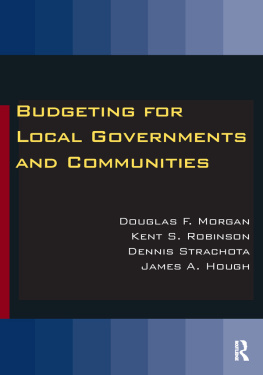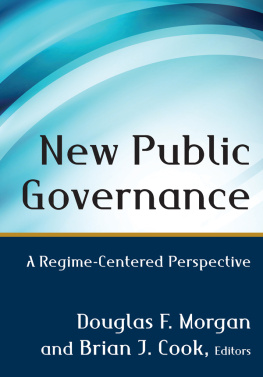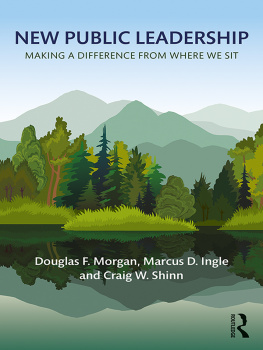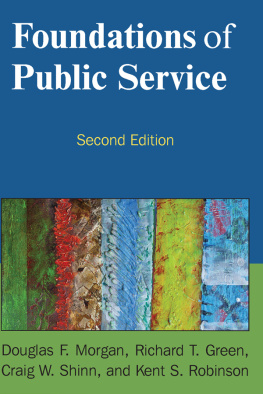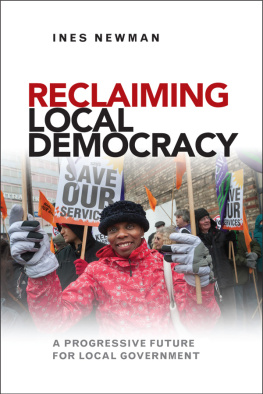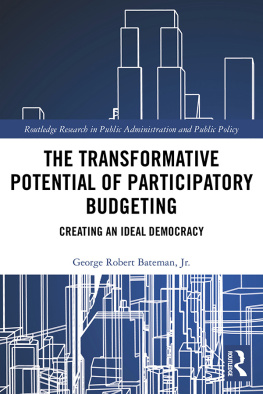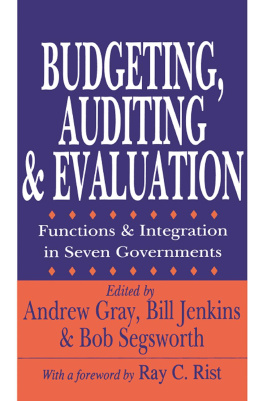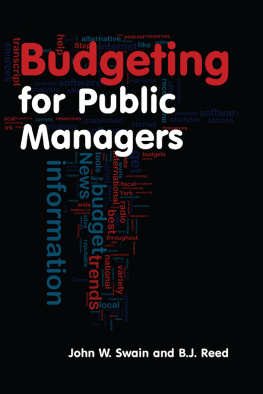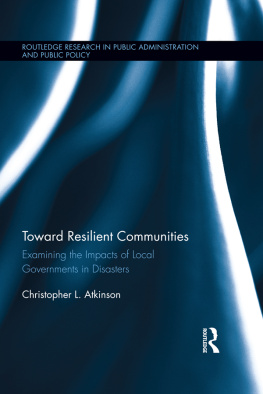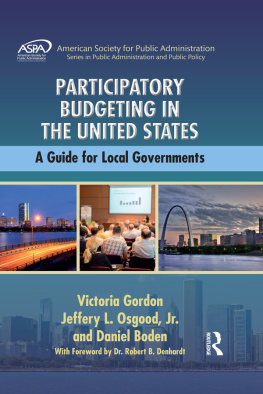First published 2015 by M.E. Sharpe
Published 2015 by Routledge
2 Park Square, Milton Park, Abingdon, Oxon OX14 4RN
711 Third Avenue, New York, NY 10017
Routledge is an imprint of the Taylor & Francis Group, an informa business
Copyright 2015 Taylor & Francis. All rights reserved.
No part of this book may be reprinted or reproduced or utilised in any form or by any electronic, mechanical, or other means, now known or hereafter invented, including photocopying and recording, or in any information storage or retrieval system, without permission in writing from the publishers.
Notices
No responsibility is assumed by the publisher for any injury and/or damage to persons or property as a matter of products liability, negligence or otherwise, or from any use of operation of any methods, products, instructions or ideas contained in the material herein.
Practitioners and researchers must always rely on their own experience and knowledge in evaluating and using any information, methods, compounds, or experiments described herein. In using such information or methods they should be mindful of their own safety and the safety of others, including parties for whom they have a professional responsibility.
Product or corporate names may be trademarks or registered trademarks, and are used only for identification and explanation without intent to infringe.
Library of Congress Cataloging-in-Publication Data
Morgan, Douglas F., 1943
Budgeting for local governments and communities / by Douglas F. Morgan, Kent S. Robinson, Dennis Strachota, and James A. Hough.
pages cm
Includes bibliographical references and index.
ISBN 978-0-7656-2780-3 (pbk.: alk. paper)
1. Local budgetsUnited States. 2. Local financeUnited States. 3. BudgetUnited States. I. Title.
HJ9147.M67 2014
352.482140973dc23 2013047528
ISBN 13: 9780765627803 (pbk)
This text on local public budgeting draws on our several decades of instructional experience, scholarship, and professional practice focused on the improvement of local public service. We are grateful that much of our experience has been acquired through our work in the Mark O. Hatfield School of Governments Center for Public Service (previously known as the Executive Leadership Institute) at Portland State University. The Center for Public Service (CPS) serves as a two-way transfer station that integrates the practical knowledge of public service professionals with the academic research and knowledge generated by the university. CPS has provided a fertile ground where practitioners and academics come together to coproduce better public service knowledge and practices through joint engagement in applied research, leadership development, and technical assistance. This book is both a product of this coproduction process and a testimonial to the important role that such a partnership plays in improving public service practices. We have sought to capture the lessons we have learned from this experience and pass them on to our students who wish to devote their lives to public service in local nonprofit and governmental organizations. In the sections that follow, we summarize the role of this text in preparing students for careers in local public service.
FOCUS OF TEXT
This text is aimed especially at graduate students in masters degree programs in public policy, public administration, urban planning, nonprofit management, political science, health, social work, and public affairs. Since these programs vary widely in the background of their students and in the priority they give to courses in local government and budgeting, we have tried to be mindful of this diversity in writing the text.
In some programs, public budgeting is the first introductory course in a public finance sequence; in other programs, budgeting is a second course following an introductory course in accounting and management control. In some programs, public budgeting is a mandatory core course; in others, it is an elective. Students tend to enter public budgeting classes with a broad array of technical skill levels and backgrounds. Within this diversity, however, there is a common denominator: Most students have limited backgrounds in statistics and analytic methods, economics, and an understanding of the public policy process, especially at the local level of government. To make this text accessible to students and practitioners at all levels, we have kept the mathematics, computations, and accounting to the basic level of first-year college algebra and analytic geometry. And we have increased our emphasis on local government structures and processes of governance. Other available public budgeting texts provide effective content and instruction at a higher analytic level. Furthermore, we have assumed a minimum level of understanding of the local public policy process and the varieties of models that seek to make sense out of local governing processes.
A large portion of students enrolled in public budgeting courses work at the local government level. This book makes a special effort to take into account the variety of experiences these students have in all forms of county, city, and special districts. Another large portion of students who are typically enrolled in public budgeting courses work for nonprofit organizations and foundations. Again, the text makes a special effort to take into account the wide variety, size, and complexity of nonprofit organization, ranging from the smallest micro nonprofits providing social services with one part-time administrator and volunteers, to major hospitals, universities, and intermediaries with budgets in the hundreds of millions of dollars. While there are important differences, nonprofit administrators are faced with many of the same budget process requirements and challenges as their peers in local government. Nonprofit budgeting includes planning and accounting for revenue generation, expenditure development, account balancing, and the political aspects of budget adoption through an executive director and board. For these reasons, we attempt throughout the text to discuss the applicability of the material and budgeting principles to nonprofit organizations. But this coverage falls short of what nonprofit managers need to know in order to be fully successful in performing their fiduciary roles. We encourage faculty and students with a primary interest in nonprofit finance to consult other, more advanced texts.
The variation in course requirements among graduate public administration programs also reflects inconsistent mandatory degree requirements. Many topics closely related to public budgeting are covered in elective courses. A public budgeting course may provide students with their only exposure to strategic planning, contracting and procurement, management control and accounting, nonprofit finance, performance measurement, or public finance. We have provided foundational summaries of these topics as they link to the public budgeting process.
CORE THEMES
Most public budgeting texts focus on the federal budgeting process despite the fact that local governments are by far the most important unit of government in the lives of most citizens. Local government units throughout the United States number about 87,500. This text is organized around the following four local government themes, which are more fully developed in :


